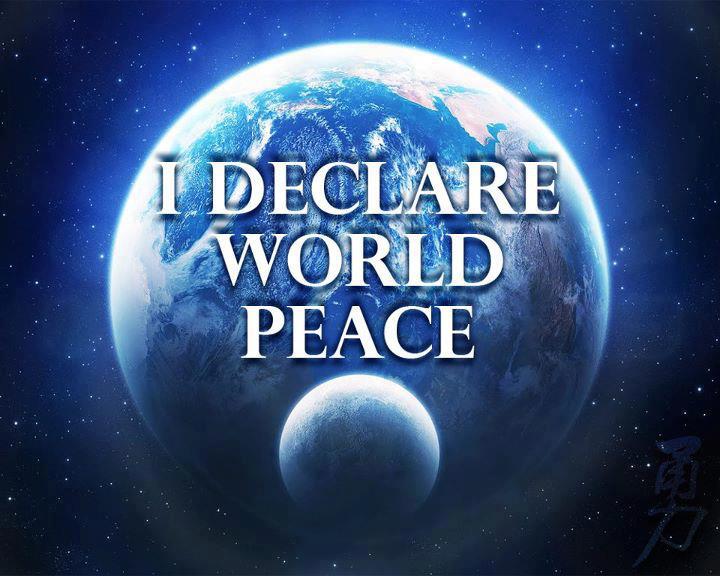Experience this…

Imagine you task yourself with freely exploring and manifesting your skills to create something good for people, a joyful sharing of your talent and experience.
(or what ever it is you desire to share with all people: such as art, sculpture, music, writing, recipes, invention, a engineering plan, etc.)
Are you feeling:
A moment of creativity and joy;
OR
A moment of anxiety and repetitiveness.
It is up to you, because your awareness and perceptions will
either embrace your innate creativity and liberty
or
show you your perceived limits and anxieties…
.
I wonder if any people imagined being restricted by legal statutes or ordinances and enforcement codes where they became concerned about fines, fees, penalties, funding and expenses?
If so, how did you feel as thoughts about expenses, municipalities or governments entered your thinking?
I wonder if any people imagined themselves free to simply do it and where no one stops you; your only concern was for the enjoyment and safety of people.
If so, how did you feel as thoughts about doing something you created is shared with people?
.
Have you ever considered a UNIVERSAL AGREEMENT?
universal agreement:
noun agreement of all
Synonyms: common consent, consensus, consensus gentium, consensus of opinion, consensus omnium, universal accord, universal testimony
.
and
Natural law or the law of nature (Latin: lex naturalis) has been described as a law whose content is set by nature and that therefore holds everywhere.
“Natural Law,” International Encyclopedia of the Social Sciences.
Give some thought to this insightful examination of “law” found on:
http://www.fmotl.com/wiki/index.php?title=Legal/Lawful
Legal/Lawful
The legal/lawful dichotomy is one the more controversial aspects of freemanism since for many, the two words mean one in the same thing. At the beginning of the 21st century, children are still taught at school that the Statutes are the Law, and many of those who go on to practice in the legal profession will fail to consider the implied contradiction of the “law” being “unjust”.
The freeman take on this issue is best summed up in the legal maxim
Aequitas nunquam contravenit legem
or
Fairness does not contravene the law.
In the freeman dictionary, the word lawful specifically applies to actions or omissions which are just and fair, where as the word legal refers specifically to actions or omissions which are in accord with the legislation, be they just and fair or otherwise.
While there is overlap between the two, to the extent that the legislation has been codified correctly in accordance with what is just, the dichotomy arises because this is not always the case. Logically and reasonably, where the two concur, the legal is unnecessary and utterly irrelevant – because the situation is covered by lawful anyway.
A good example might be given in the enforcement of legislation forcing a human being to pay for a service which the human being does not use. This example is most frequently incarnate in the enforcement of taxation, where the Taxees have neither contracted for the services so provided by, nor use the services, yet are unjustly, but legally forced to labour in order to pay for services they neither want nor use.
An obvious example of this is the use of money to fund State Schooling when, for example, a child may attend a Fee-paying school. Ignoring discussions on whether or not a parent should be able to pay independently for a child’s education, and whether or not Fee-paid Education is better/worse than State Education – the point is that the burden on the State Education is considerably reduced. And the argument is that it would be fair to reduce the State-enforced burden accordingly, in such circumstances.
There are, in point of fact, three distinct categories for the usage of the word “law”. And each of these categories has three major components.
1. Laws of Nature (including Laws of Physics, Chemistry, Thermodynamics, etc), i.e. “lawful”:
a) Mankind does not make them. Mankind observes them & their effects, then enumerates and evaluates them; in most cases being able to devise mathematical formulae to express them, utilise them and inter-utilise i.e. apply them. Examples: The Law of Gravity (Newton’s Laws), Boyle’s Law, Maxwell’s Laws, Charles’ Law, Ohm’s Law, etc.
b) They apply universally and unilaterally without fear or favour. No ‘Courts’ are required.
c) There is no penalty for breaking them because they cannot be broken.
2. The Common Law i.e. considered “lawful” by freemen:
a) Mankind does make them, based entirely on Common Sense. Thus they are universal and unchangeable. (What you know to be right, fair, honourable and just, is what I know to be right, fair, honourable and just. And will always be so).
b) They are applied by Courts, called Courts de jure (Courts of Justice). A serious attempt at fairness of application is by means of a Jury of 12.
c) There is always a penalty for breaking them because they can be broken if one is prepared to accept the consequences.
3. The Legislated Rules of Societies (Statutes), i.e. “legal”:
a) Mankind does make them. Mankind changes them in accordance with its own desires, wishes, needs, etc. Mankind can wipe them away (repeal them) at the stroke of a pen.
b) They are applied by Courts, called Courts de facto (Courts of Arbitration or Tribunals, etc ). They are not applied equally because they always depend on ‘judgment’. It is often said “There is one law for the rich and one law for the poor”.
c) There is always a penalty for breaking them because they can be broken if one is prepared to accept the consequences.
We can see that 2a is the same (to all intents and purposes) as 1a. And that 2b attempts, as far as can reasonably be expected, to emulate 1b. We can see that 2c is necessary in order to support 2a & 2b. Thus to use the same word, “law” to describe both 1 and 2 is not unrealistic.
However, from the above, we can see that 3a, 3b and 3c are the exact inverse of 1a, 1b & 1c. And yet the same word is used to describe them in common parlance! This is surely totally unrealistic, however ingrained it has become. It is similar to using the same word to describe both “fire” and “water”.
As a result of this, “Legals”, i.e. “Statutes”, become imbued with the same characteristics as Law. In other words a Statute becomes mentally considered to be as true, solid, and ‘untouchable’ as (say) the Law of Gravity. Which, of course, is totally undeserved.
_______________________________________



[…] https://ronmamita.wordpress.com/2013/02/28/experience-this/ […]
LikeLike
[…] https://ronmamita.wordpress.com/2013/02/08/a-clearer-perspective-of-the-united-states-of-america/ https://ronmamita.wordpress.com/2013/02/28/experience-this/ https://ronmamita.wordpress.com/2013/06/20/people-in-america/ […]
LikeLike